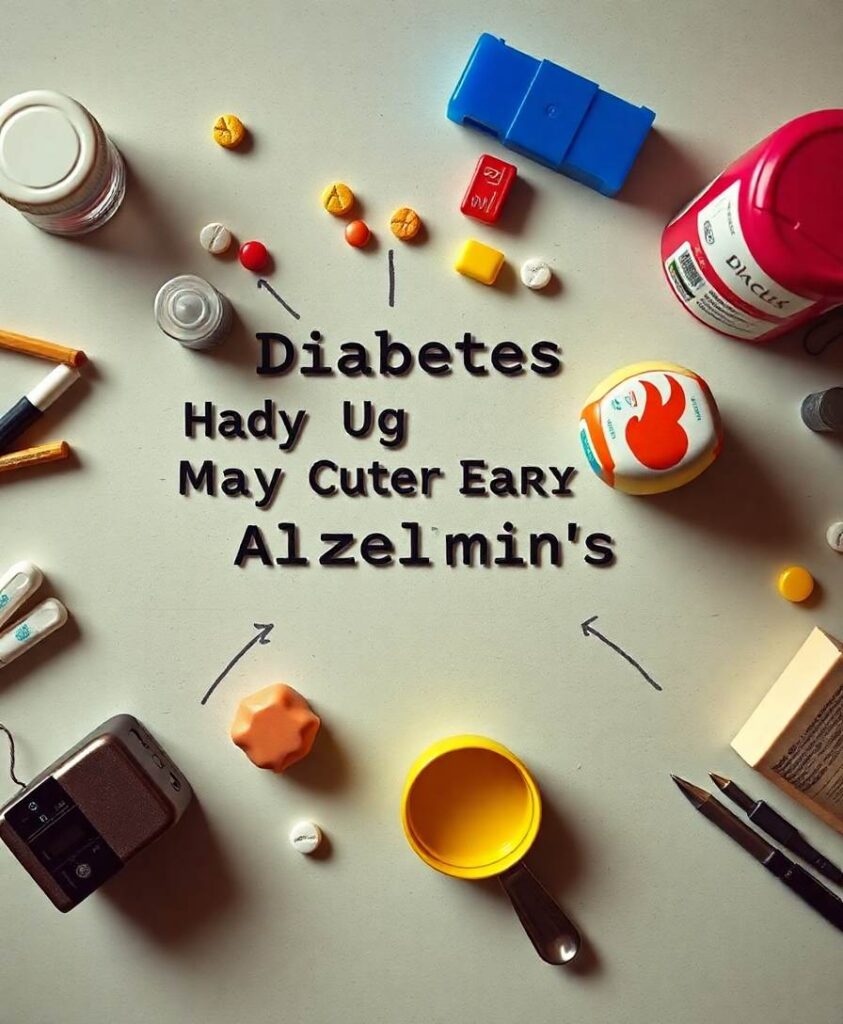ObjectivesMultiple risk loci for late-onset Alzheimer’s disease (LOAD) have been identified. Type 2 diabetes (T2D) is a risk factor for cognitive decline, dementia and Alzheimer’s disease (AD). We investigated the association of polygenic risk score (PRS) for LOAD with overall cognitive functioning and longitudinal decline, among older adults with T2D.MethodsThe study included 1046 Jewish participants from the Israel Diabetes and Cognitive Decline (IDCD) study, aged ≥ 65 years, diagnosed with T2D, and cognitively normal at baseline. The PRS included variants from 26 LOAD associated loci (at genome-wide significance level), and was calculated with and without APOE. Outcome measures, assessed in 18 months intervals, were global cognition and the specific domains of episodic memory, attention/working memory, executive functions, and language/semantic categorization. Random coefficient models were used for analysis, adjusting for demographic variables, T2D-related characteristics, and cardiovascular factors. Additionally, in a subsample of 202 individuals, we analyzed the association of PRS with the volumes of total gray matter, frontal lobe, hippocampus, amygdala, and white matter hyperintensities. Last, the association of PRS with amyloid beta (Aβ) burden was examined in 44 participants who underwent an 18F-flutemetamol PET scan.ResultsThe PRS was not significantly associated with overall functioning or decline in global cognition or any of the specific cognitive domains. Similarly, following correction for multiple testing, there was no association with Aβ burden and other brain imaging phenotypes.ConclusionOur results suggest that the cumulative effect of LOAD susceptibility loci is not associated with a greater rate of cognitive decline in older adults with T2D, and other pathways may underlie this link.


